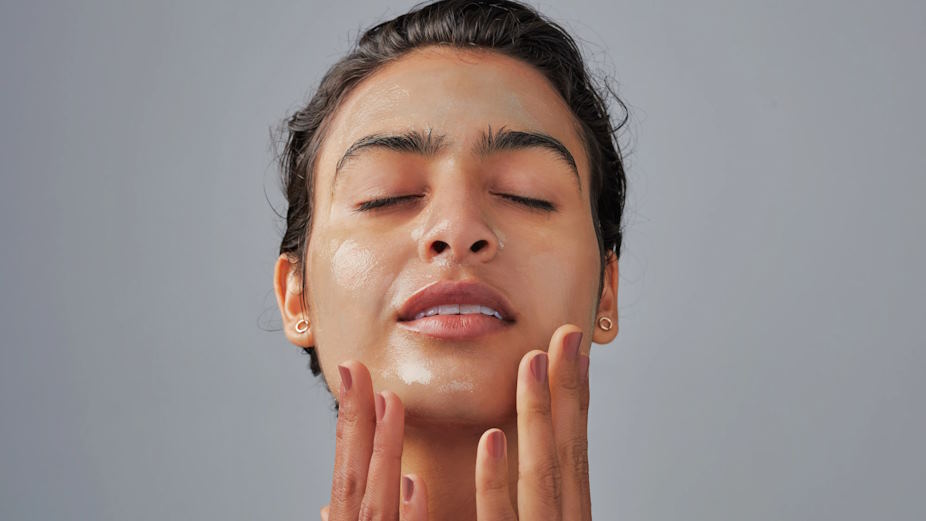
The Importance of Hygiene in Beauty Routines
- Published in: Simple Beauty Tips
- Permalink
In a world where beauty standards are constantly evolving, the importance of maintaining hygiene in our beauty routines cannot be overstated. From skincare to haircare to makeup application, cleanliness plays a pivotal role not only in achieving aesthetic goals but also in safeguarding our health. Whether we’re meticulously following a multi-step skincare regimen or simply applying a swipe of lipstick, the hygiene practices we adhere to significantly impact the condition of our skin, hair, and overall well-being.
Health Implications of Poor Hygiene in Beauty Routines
Neglecting hygiene in beauty routines can have far-reaching consequences for our health. One of the most immediate risks is the proliferation of bacteria and fungi on our skin and hair, leading to infections and other dermatological issues. For instance, failing to cleanse our makeup brushes and sponges can result in the buildup of bacteria, which, when applied to the skin, can cause acne, rashes, or even infections. Similarly, using expired or contaminated skincare products can lead to allergic reactions, irritation, or more severe skin conditions.

Aesthetic Importance of Hygiene in Beauty Routines
In addition to its health implications, hygiene plays a significant role in the aesthetic outcomes of our beauty routines. Cleanliness is essential for ensuring that our skincare products penetrate the skin effectively, delivering their active ingredients where they’re needed most. Similarly, maintaining hygiene in makeup application helps prevent cakiness, patchiness, and uneven blending, resulting in a more flawless finish. Moreover, proper hygiene prolongs the shelf life of our beauty products, ensuring that they remain effective and safe for use over time.
Tips for Maintaining Hygiene in Beauty Routines
Now that we understand the importance of hygiene in beauty routines let’s explore some practical tips for incorporating cleanliness into our daily self-care rituals. Firstly, establishing a consistent cleansing routine is paramount. This includes washing our face twice daily, removing makeup before bed, and exfoliating regularly to slough off dead skin cells and impurities. Additionally, it’s crucial to choose hygienic beauty tools and products, opting for ones made of easy-to-clean materials such as synthetic bristles or glass containers. Proper storage and disposal of beauty products are also essential for preventing contamination and maintaining their efficacy.

Hygiene Practices in Professional Beauty Settings
While we may be diligent about hygiene in our personal beauty routines, it’s equally important to consider the standards of cleanliness upheld in professional beauty settings such as salons, spas, and clinics. These establishments are responsible for providing safe and hygienic treatments to their clients, which necessitates adherence to strict sanitation protocols. This includes disinfecting and sterilizing tools and equipment between uses, practicing proper hand hygiene, and adhering to industry regulations regarding the storage and handling of beauty products.
Cultural and Societal Perspectives on Hygiene in Beauty Routines
Finally, let’s explore the cultural and societal perspectives on hygiene in beauty routines. While the importance of cleanliness may seem like a universal concept, cultural norms and practices surrounding beauty and personal grooming can vary significantly from one society to another. In some cultures, elaborate skincare rituals are passed down through generations, while in others, simplicity and minimalism reign supreme. Likewise, societal expectations regarding personal grooming and hygiene can influence our self-esteem and confidence levels, highlighting the interconnectedness of culture, society, and beauty ideals.

